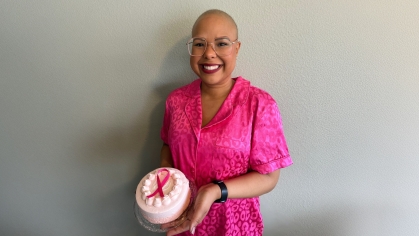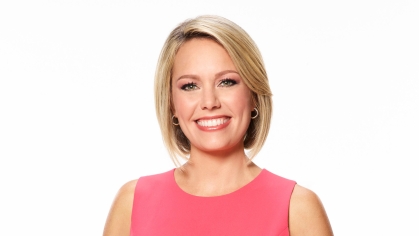What I Know Now: From Basketball Buckets to Oyster Baskets
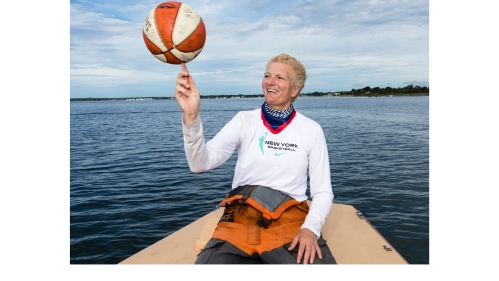
Rutgers basketball legend who loves the smell of popcorn and symphony of sneakers now has an appetite for farming oysters and sugar kelp.
The first time Sue Wicks heard of Rutgers University was four decades ago when her high school basketball coach in Long Island handed her a tiny newspaper clipping about the Scarlet Knights women’s basketball team winning the 1982 national championship.
By her high school senior year, she was widely recruited, most notably by Rutgers’ coach Theresa Grentz, who Wicks CC’88 says is “probably one of the best basketball players of all time.” Going to Rutgers was a slam dunk.
In New Brunswick she met a former professional football player with a doctorate in education whose life’s mission was to help student athletes: Lee Schneider, Cook College’s assistant dean. Schneider, who played college football at Rutgers, encouraged Wicks—treating her not as “quaint or cute, but as a significant athlete.”
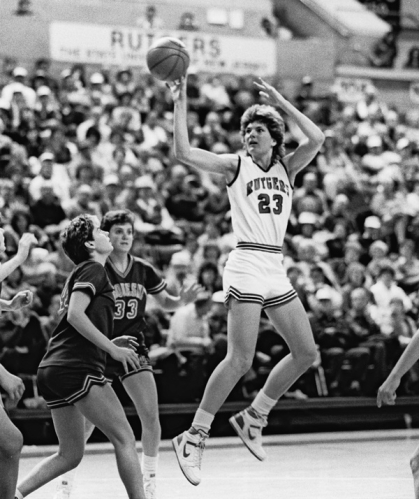
Wicks excelled at Rutgers from 1984 through 1988. Her 2,655 total points remains the record for men and women basketball players.
After playing professional basketball in Europe until 1997, she quit globetrotting and came home to play in the WNBA’s inaugural season. She was the first player picked by the New York Liberty and went on to lead the team to the WNBA finals four times before retiring in 2002.
Earlier this year Wicks, who was inducted in the Rutgers Hall of Distinguished Alumni in 2005, was selected as one of 12 to be inducted into the New Jersey Hall of Fame in Newark on October 29. Here she tells how, after basketball, she came to don waders and become the “head mermaid in charge” at Long Island’s Violet Cove Oyster Co.—which is more like basketball than one might think.
Becoming Farmer Wicks
Starting my oyster farm was like when I started playing basketball: I was, from the first moment, madly in love with it. And I was horrible. Like any 14-year-old, I didn't know how to shoot, dribble, or pass, didn't understand the concepts of offense, but you know what? I liked it. Having that as a starting base, always telling myself, well, you didn't know anything about basketball, and you just kept going—that’s how I started my farm.
It took two years to get my applications approved. I read every book I could get my hands on, watched every YouTube video, went to seminars, called people, and I learned. Every mistake was information. It's a huge application process with at least nine agencies. The Army Corps of Engineers wants to know every piece of equipment on my farm, how I'm going to set it up in accordance with currents, tides, salinity, the number of oysters I have, prevailing winds, and how that's going to hold up and stay. I couldn't buy a book and say, oh, here's how to build an oyster farm, because they're different in every location.
Mother nature is a beast. I mean, she's great to work with, but she's temperamental and she'll throw you curves. Not getting discouraged and taking every failure as “here's some more information, try and do a little bit better”—that's where I learned to be an oyster farmer. I'm also learning to be a sugar kelp farmer. [Editor’s note: Sugar kelp is a yellow-brown algae growing in popularity as a nutritious food and versatile material.]
The Zen of oyster farming
I'm doing a small thing and learning about our environment in my little space. We can't change big problems in the world as individuals. It's a waste of time. But the little task in life we're able to throw ourselves into and say, I fixed that—that is empowering.
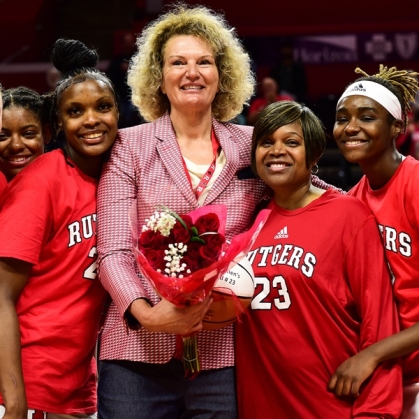
That's certainly how sports are. You have to learn how to shoot a layup before you shoot the game-winning basket in front of 20,000 people. I had to do that 10,000 times in my driveway all by myself, in my head saying, “Sue, for the national championship” and “do it again, Sue,” over and over again until it happened.
That's pretty much how I approach my oyster farm every day. It's repetitive tasks in a beautiful environment. Like meditation, a mantra, or a yoga movement, soothing for your brain.
If there's a tie between basketball and oyster farming, and maybe how to live a life, or how I live my life, it's that when things go crazy or bad, which they always do in sports and on my oyster farm, go back to what you know, to the fundamentals of that little piece. And then build up your confidence again.
Silly little thing like popcorn
Every time I step into the RAC (now Jersey Mike’s Arena), it's the smell of popcorn. It smells like game day to me. Can you imagine something so silly? The squeaking of the floor. Sneakers on the floor for an athlete is music, a symphony. You are in a place where people are coming to be entertained and they sit there and eat popcorn, and, oh, will you play? That small thing was so important.
It never stopped being amazing for me that I got to play basketball there every day. I was excited to come to practice in that amazing building. When it was filled with students and fans with their red sweaters, the band was playing and chanting. I'll never forget that.
From popcorn at Rutgers, to oysters today
I love oysters. I love to go to an oyster bar and have champagne and oysters. Even if they're my own oysters, I'll spend $3 or $4 for them when I could have them for free at home. Going out with friends and getting a couple dozen oysters and drinking champagne together, it always feels like a celebration.

